

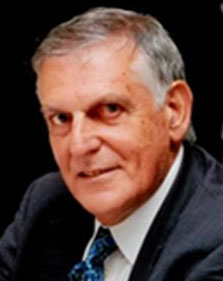
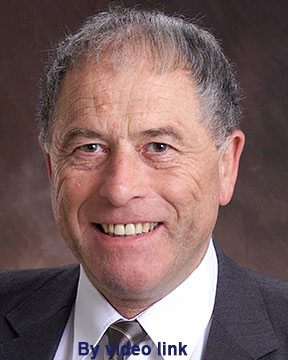
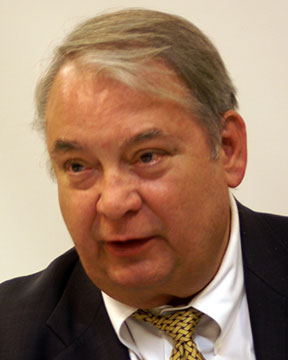
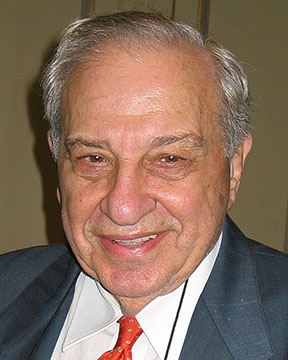
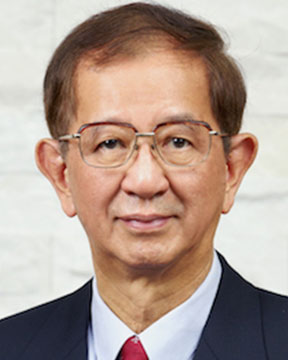
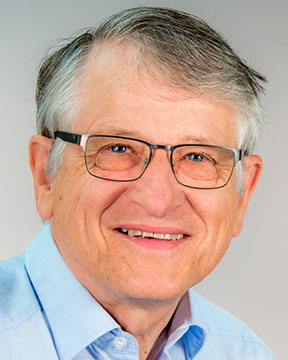

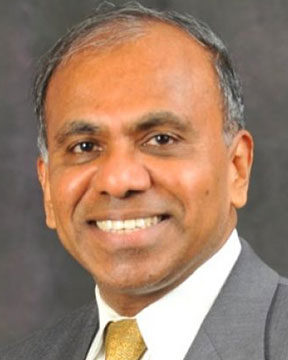




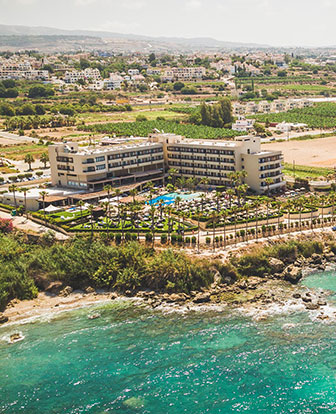

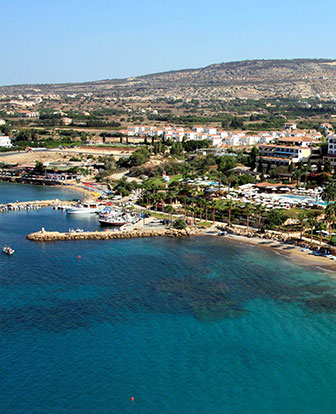
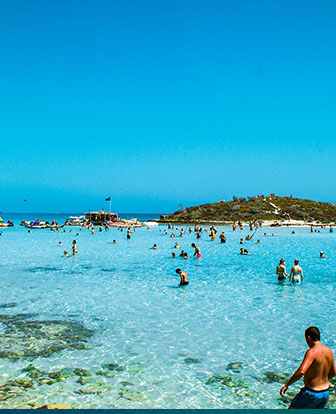

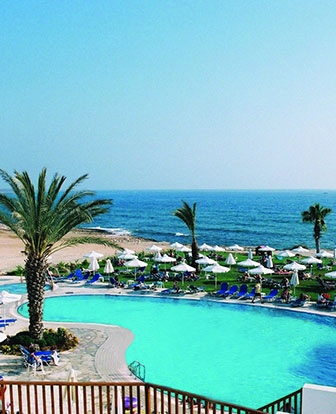
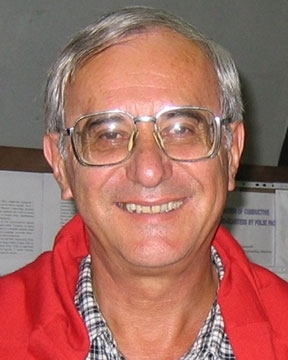 |
Dragan UskokovicMaterials Research Society of SerbiaMaterials Research Society Of Serbia And International Institute For The Science Of Sintering Fostering Materials Research In Serbia 5th Intl. Symp. on New and Advanced Materials and Technologies for Energy, Environment and Sustainable Development Back to Plenary Lectures » |
Abstract:Research in the field of material science and engineering has had a long history and tradition in Serbia. The seminal steps were made in the early 1950s, first at the University of Belgrade and the Institute of Nuclear Sciences in Vinča, after which important contributions were made by the associates of the Institute of Technical Sciences of the Serbian Academy of Sciences and Arts. The International Institute for the Science of Sintering (IISS) is certainly one of the most beautiful examples of how a very successful international scientific organization can be formed in a small country and how it can encourage the development of this discipline. The IISS was founded in 1968 in Belgrade, and the founding conference was held in Herceg-Novi, Montenegro in 1969. It was organized by 15 scientists from around the world who all agreed to develop this area with joint forces. The IISS had the important role of bringing together scientists in this field from a variety of international institutions, taking advantage of the fact that Yugoslavia, at the time, was a rare meeting place for the scientists from the East and from the West. Today, the IISS counts 12 honorable members, 45 full members, 16 correspondent members and 33 inactive members from 20 countries from all over the globe. The IISS has organized 10 international conferences on sintering (World Round Table Conferences on Sintering, WRTCS), all at the territory of former Yugoslavia. The IISS has also organized 7 international topical symposia on sintering, only the first of which was held in Herceg-Novi in former Yugoslavia and all others were held around the world: Warsaw in 1979, New Delhi in 1983, Tokyo in 1987, Vancouver in 1991, Haiko in 1995, and New Delhi in 2000. The IISS has been also publishing its Science of Sintering Journal for 50 years now. [1] N. Ignjatovic, S. Markovic, D. Jugovic, D. Uskokovic, " Molecular designing of nanoparticles and functional materials", Journal of the Serbian Chemical Society, 2017, https://doi.org/10.2298/JSC1612070011I. |
|